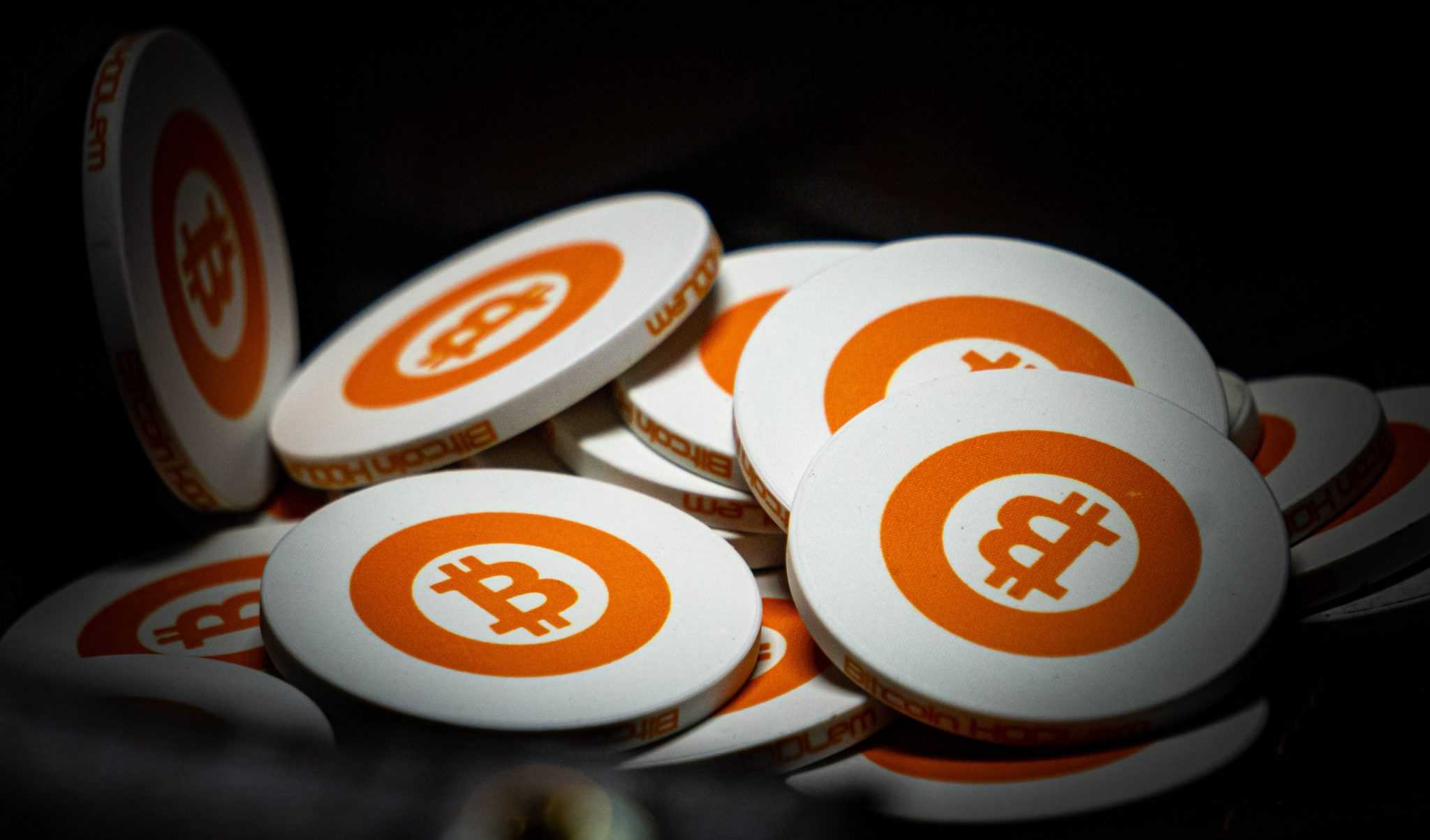How To Calculate Zakat on Crypto and Bitcoin | A Simple Guide


Ibrahim Khan
Co-founder
4 min read
Last updated on:
Not sure if you need to pay Zakat on your crypto? You’re not alone. With so many types of tokens such as Bitcoin, platform tokens and governance tokens, the rules can get confusing. In this guide, we break down when and how Zakat applies to cryptocurrency based on your intentions and the nature of the asset. That way, you can give with confidence. (If you’re not sure what Bitcoin or crypto even is, then check our out ultimate guide here).
1. Is Zakat due on cryptocurrency?
The term ‘crypto’ is broad and includes a whole range of crypto-assets.
It is useful to understand that any crypto-asset, whether it be a currency or a platform token, if purchased with the intent of capital gain and to resell in the short-term, then these will be 100% Zakatable no matter the nature of the asset.
The ruling of Zakat then differs if the intention is not to resell and to hold for an indefinite amount of time. Whether a hold strategy results in Zakat depends on the underlying asset itself.
So the crucial principle is – are you a crypto trader or are you a long-term passive crypto investor? If you are a trader you definitely need to pay zakat on all your holdings, and if you are a passive investor, you may need to. Let’s dive in.
2. What Zakatable assets are in this asset?
Cryptocurrencies
Cryptocurrencies and payment tokens fall under the ruling of currency and so are always 100% zakatable regardless of the intention to hold.
Scholars state that this would include Bitcoin and Ether or any altcoins that you purchase using a cryptocurrency exchange.
Our personal view, for what it is worth, is that a cryptocurrency needs to actively hold itself out as a currency and ideally be used as a means of payment in the real world, for it to be truly seen as a cryptocurrency (as opposed to a digital asset) – and for zakat to be payable on it.
For example, you can now buy real things in the real world using bitcoin. Therefore you should pay zakat on the full amount of bitcoin. However, newer cryptocurrencies are so young and new that this isn’t the case for them and won’t be for quite some time.
Of course, the safest route is just to always pay on the full value.
Security tokens
Security tokens represent a fraction of an underlying asset usually issued by a legal entity. If these are held, they would be Zakatable depending on the underlying asset. If that asset is liquid, cash, cash-like, gold etc. then it would be zakatable.
Similarly, any asset-backed token that is held would follow the same ruling, Zakat would be due depending on the underlying asset.
Platform tokens
Platform tokens are used within decentralised apps (dapps) and have a range of uses. If these are purchased with the intention to use within an ecosystem, like a game or dapp, and not to resell, then these are not Zakatable.
Governance tokens
A similar concept is governance token. These are used as a sort of ‘political’ capital where holders can use them to influence decision-making in a protocol or decentralised autonomous organisation (DAO).
If these are purchased to hold and use in this manner, they are not Zakatable.
How do I find out what kind of token/currency I have?
You should go on the project’s website and read its whitepaper. You should also read the latest news about the project. We have a number of the whitepapers for the top cryptos here.
3. How does this work in practice?
Let’s imagine Abdullah.
He holds £25,000 worth of Bitcoin.
He also holds £25,000 worth of an asset-backed token, the underlying asset of which is a property intended for resale.
Abdullah is also quite crypto-savvy and is part of a decentralised autonomous organisation that issued founders with £25,000 worth of governance tokens.
He also holds £25,000 worth of platform tokens as part of crypto platform that he occasionally uses. His intention with these is not to resell on the market, but to use within the platform itself.
Abdullah holds £100,000 worth of crypto-assets in total. Does he therefore need to pay 2.5% Zakat on that £100,000? (£2,500 Zakat?)
As per the explanation above, not all of the crypto-assets he holds are Zakatable.
Remember the rule: any crypto-asset bought to resell is 100% Zakatable regardless of what it is. The Zakat status of a crypto-asset bought to hold indefinitely would depend on the underlying asset itself.
The £25,000 worth of Bitcoin is 100% Zakatable whether it is purchased to resell or not since it is classed as currency which is created for that purpose.
The £25,000 worth of asset-backed token in resale property is also 100% Zakatable, because an intention to resell a property renders the entire property Zakatable, and the token is simply a representation of that property intended for resale.
That means Abdullah owes 2.5% of that £50,000 so far in Zakat, which is £1,250.
Abdullah doesn’t hold his governance tokens to resell, so we know these are not Zakatable then, so no Zakat due there.
Similarly, his platform tokens are held without the intention to resell. No Zakat there again.
So Abdullah’s total Zakat is £1,250 on the Bitcoin and asset-backed token.
4. Calculate your Zakat here
Here is a simple and easy way to calculate your Zakat using our comprehensive Zakat calculator.
We also have a guide on how to rectify your finances during Ramadan to make sure you’re not putting a barrier between yourself and Allah which you can read here.
If you’re new to investing, download our free halal investment checklist for a step-by-step guide on how to build a diversified portfolio here. We also have an ultimate crypto halal list of the top 50 coins here.
Comments (0)
Related Articles
View all
Is Bitcoin and Crypto Haram? The Ultimate Guide for Muslim Investors
14 July 2025 9 min read



Leave a Reply